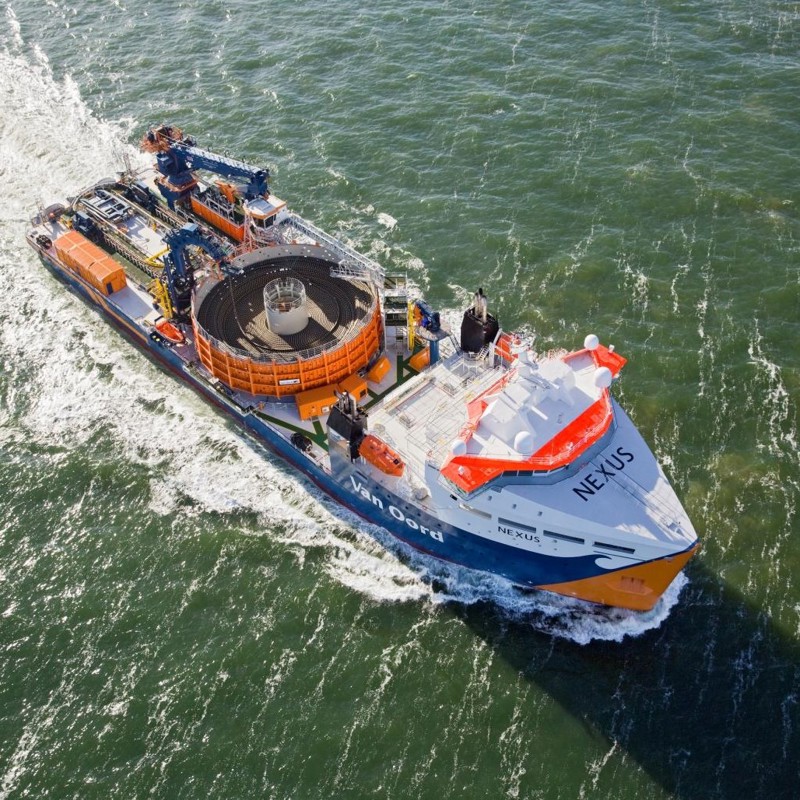Requirements for IMCA-approved remote pilot ROV introductory training courses
10 July 2025

Find out more about the types of IMCA documents and our definitions.
Our Guidance Register also lists documents in each series, with status, latest revision and a website link for details and downloading.
Discover our Codes of Practice, Guidance Documents and Information Notes.
Members have full download access | Selected items are available freely
Find more resources outside the Technical Library:

Nearly 10,000 regularly receive a Safety Flash from IMCA, our bulletin system which shares anonymised safety incidents with the industry.
Search our archive of more than 2,000 reports online.
Find out more
Enhance the safety of your DP operations with IMCA’s DP incident and event reports.
Our platform delivers crucial insights into DP events, incidents, observations, and drill scenarios, providing the industry a free database from which lessons can be learned and shared.
Access individual DP reports in our archive.